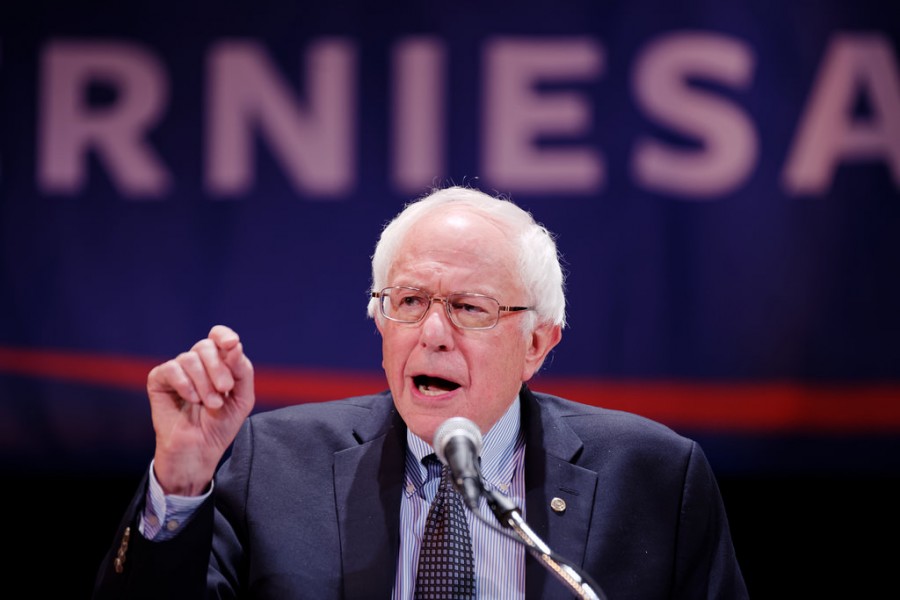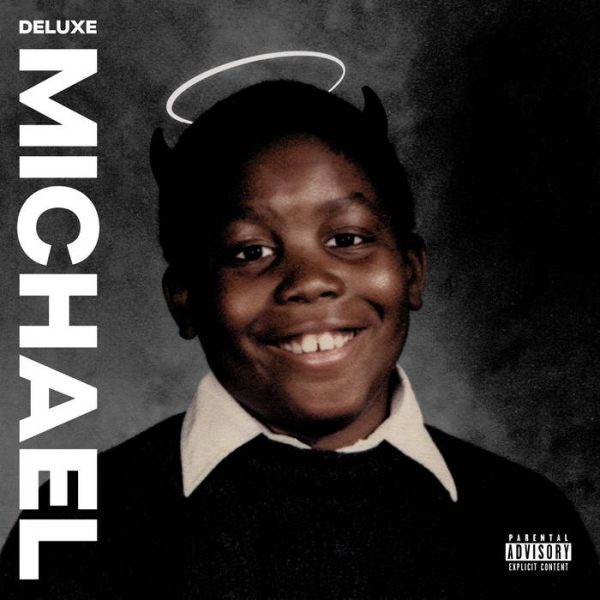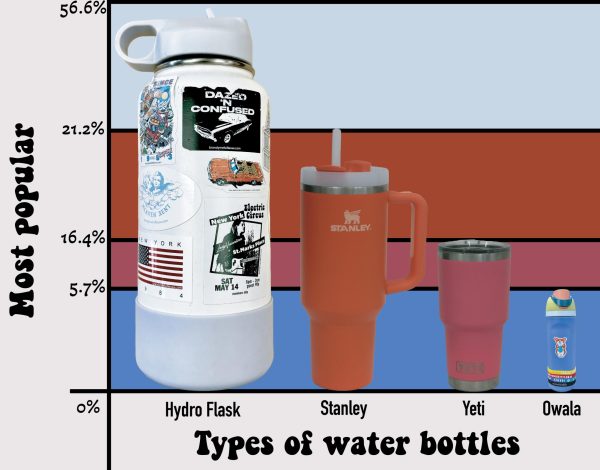Bernie Sanders and Donald Trump successful candidates
Donald Trump isn’t a popular candidate, to put it mildly, among our demographic is what we all can agree on. As a supporter of Bernie Sanders, I do think the two have more similarities than one may have thought. After all, one is a successful businessman who had been inconsistent on his views and the other is a self-proclaimed democratic socialist who has held the same views for decades.
Right now, Donald Trump has about a 20 percent lead on Ted Cruz the next best candidate for the Republican nomination, leaving the three remaining candidates trailing in the dust. Trump had achieved that by presenting himself as an anti-establishment, honest politician who speaks his mind. He also used controversial comments that would most definitely sink any establishment politician’s career (*cough* Rubio)…but not election 2016.
From what I’ve gathered, there is an ever-increasing polarisation between the two establishment parties (The link shows approval ratings of presidents since the Eisenhower era, approval ratings of a president by opposition party have a trend of decreasing). This causes candidates like socialist Bernie Sanders and Tea Party Ted Cruz to enjoy a degree of success.
Another reason for Trump’s success is the free media coverage he enjoys. He had spent less money and was more successful in the polls than other GOP candidates. His appeal to the less serious voters is also a contributing factor. Afterall, most Americans see Trump being covered extensively at toxic shows like Entertainment Tonight. While Ben Carson’s ads appear in the commercial breaks.
The other candidates within the GOP were not exactly competent either, which helps Trump’s case. The best and most comedic example would be Jeb Bush begging for applause in the later stages of his stillbirth campaign. Out of the two remaining candidates, only Ted Cruz have a chance of getting the nomination. While Kasich presents himself as a moderate Republican, he will not win by having the most delegates, it is simply impossible. The only way for Kasich to get the nomination is under a brokered convention. When that happens, Trump and Cruz supporters would vehemently oppose Kasich, ultimately costing GOP the presidency.
On the flip side, the Senator of Vermont, self-proclaimed democratic socialist also enjoys a degree of success. Though Bernie Sanders did not receive the amount of media coverage he deserves until the recent months, he certainly had put a dent Hillary Clinton’s campaign, especially his victory in Michigan, where Clinton was projected to win by 20 points. However, on March 15, dubbed as Super Tuesday II or III (I’ve seen various news agencies refer the March 15 election as both), Sanders suffered heavy losses in Florida, North Carolina, and Ohio. Suddenly things don’t look too good at all for the Bern.
To be completely honest, his leftist rhetoric is not very appealing to me. He believes in a $15 national minimum wage, to which I say is ridiculous, because the standard of living across the 50 states varies. His plan to make college free for everyone is basically unachievable and will probably delegitimize a public college degree from America if implemented without necessary reforms (i.e. a serious education reform, Common Core was a joke). Why do I support Bernie Sanders?
Sanders has a strong stance against the 2010 Citizens United v. FEC Supreme Court decision. The decision allows corporations to donate unlimited sums of money to political campaigns, because apparently money is free speech, and corporations are people. The decision that forces politicians to serve the interest of their campaign donors instead of citizens that they theoretically represent. It gives a political advantage to the super wealthy and multi-billionaire corporations. The Koch brothers stated they will spend $889,000,000 in this election. That is a nine-digit figure. This legislation had made the election 2012 the most expensive election in the history of the United States, and election 2016 is projected to break that record.
From a purely anti-Republican standpoint, which doesn’t accurately represent my opinion (Kasich is a viable option), an argument for Sanders being the Democratic candidate is also legitimate. In projected general election match-ups against all of the remaining Republican candidates, Sanders is consistently projected to win. Hillary Clinton is projected to lose if she runs against Senator Cruz or Governor Kasich.
What do Trump and Sanders have in common? On the surface level, they are completely different candidates. One is objectively a fascist, and the other is objectively a socialist. However, they are both perceived that they will not be sellouts. By relying on individual campaign contributions and self-financing these two politicians will serve in the interest of the people who elect them and not the corporations that got them into office. With Trump or Sanders elected, their leadership will truly be legitimized. They both are perceived to speak their minds. They both are perceived as honest politicians, and that’s the main selling point. The keyword there is “perceive”, the truth doesn’t matter.
by JUSTIN KWOK














